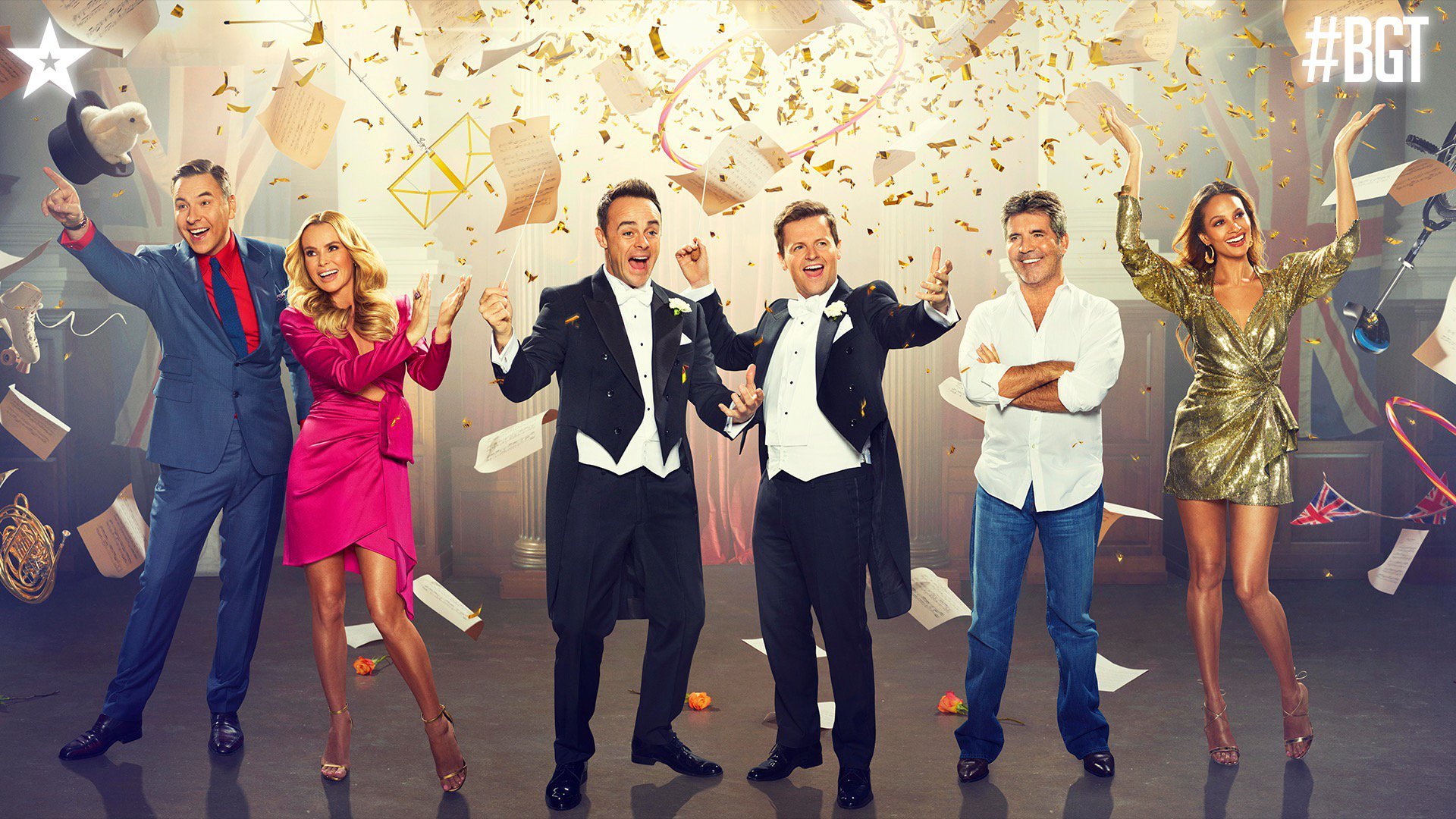With the return of Britain’s Got Talent last week, it leaves us to question do talent shows still have a place on our screens and are they as popular as they used to be?
Its Saturday night, the whole nation is watching, suspense is high, who is going to win the X-Factor? This was the sort of adrenaline feeling people had ten years ago when watching a Talent show was common in every household.
Whether that was watching the X-Factor, Britain’s Got Talent, Pop-Idol (for those that can remember it), American Idol and many more that emerged in the start of the 2010 decade. Whatever Talent show it was, it was a time where you would spend several weeks of your life invested into this show, waiting for the finale to reveal the winner.
However, in recent years particularly with people in our generation, we have grown up, and therefore we have outgrown talent shows, with more and more available for us to watch on TV and stream on other services.
The problem is with talent shows is once you’ve seen it, you’ve seen it all. Take Britain’s Got Talent for instance, in the third series of BGT in 2009 (those were the days), we saw dancing like it had never been done before by Diversity- who won the series against favourite Susan Boyle. It was a new thrill for us to watch. However, as years went on, we started to see more and more dancing acts, just as if they were copying Diversity. It was starting to become boring. Not only was it starting to become boring with dance acts but also singers and in more recent years, magicians.
Needless to say talent shows have produced some of the stars we know and love today. X-Factor is a major player in this. Stars who didn’t even win have took the pop world by storm and continue to create the music of today. From global sensations such as One Direction, Little Mix and JLS to stars who were bigger during their time but seem to disappear of the face of the earth such as Joe McElderry.
The earlier years of a talent show, especially X-Factor was when it was at it’s peak, a time when it was producing these sorts of musical icons of today.
The downfall however has been within the last few years when X-Factor started to change. For example, in the beginning first auditions were just in front of the four judges. You would think this made it more nerve-wracking, but this was what made the viewing even better, it was as if we were in the audition room with them.
Change came about when they started to feature auditions in front of a bigger crowd in an arena taking away the enjoyment from watching.
Not only this, but the changing of judges in X-Factor was to me what was the ultimate downfall of the show. Prime time TV was seeing Sharon Osbourne and Louis Walsh having to leave an audition because they were laughing too much. To make matters even funnier, it was Sharon Osbourne walking into a door. Now this was entertainment!
But, year after year the judges in X-Factor started to change, just like acts on BGT, this was starting to become boring…
Viewings for talent shows are not what they used to be. Back in 2010, X-Factor recorded 19.4 million viewers. Whereas in 2019, the ITV series recorded some of its lowest viewing figures at a dismal 2.96 million. X-Factor isn’t the only talent show to suffer from these poor ratings as more and more shows continue to lose their loyal viewers from years back. In some cases, it even leads to the ending of some shows such as American Idol ending in 2016.
Ultimately, even though Talent shows are still on our TV screens, it doesn’t mean we are still in love with them like we used to be. Mind the pun, but they don’t have the same “X Factor” as they used to just don’t seem as entertaining anymore.
This is coming from someone who grew up watching them, so perhaps it is just how I have grown up. However, if viewing figures are anything to come by, then the Talent shows we know to be on TV will cease to exist on our screens.
By Katie Green
Feature image: The Sun

